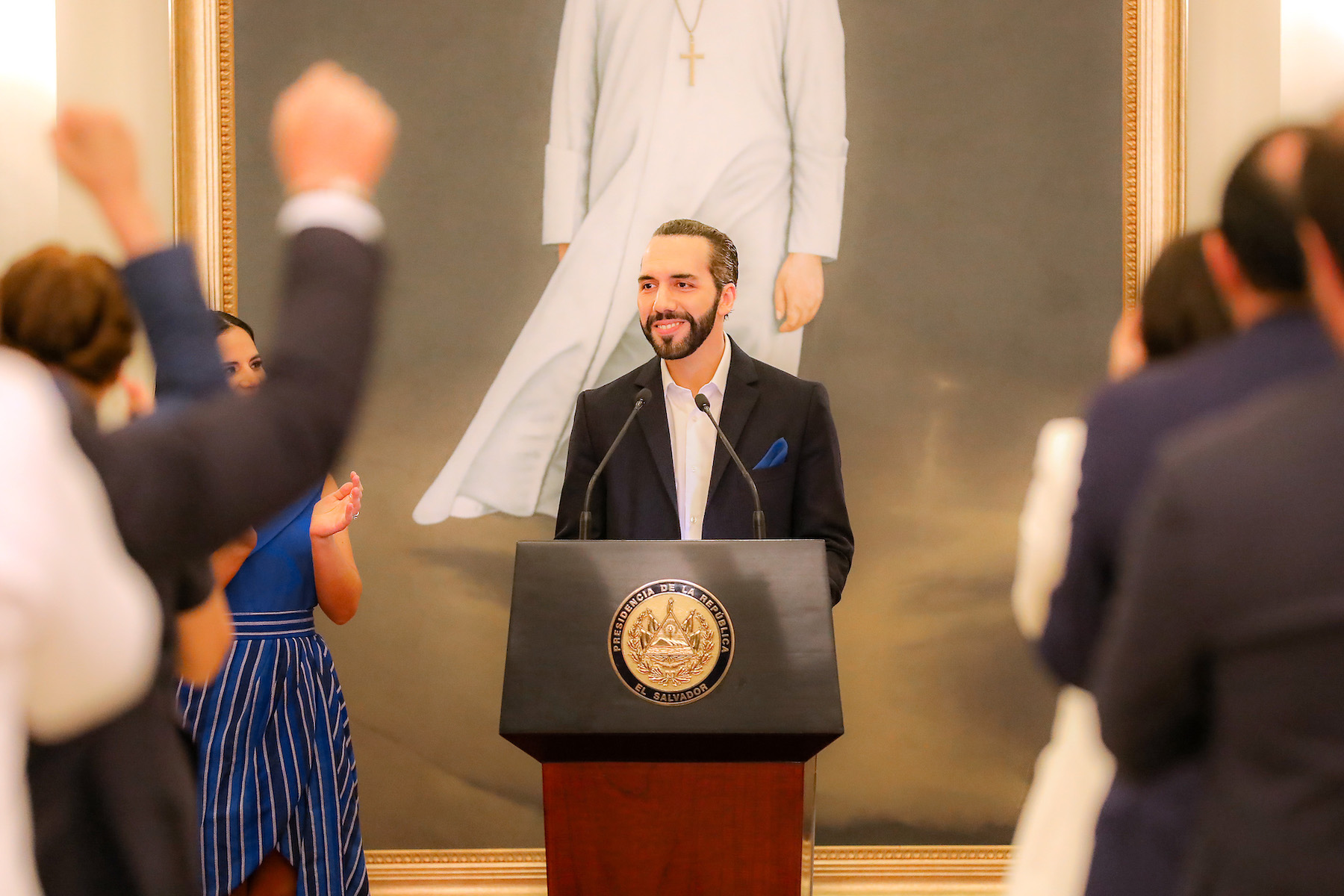El Salvador Has Re-elected “The World’s Coolest Dictator” For A Second Consecutive Term
Nayib Bukele, who introduced Bitcoin as an official currency, is undeniably popular for having tackled the country’s gang problem but has moved the country into a dictatorship.
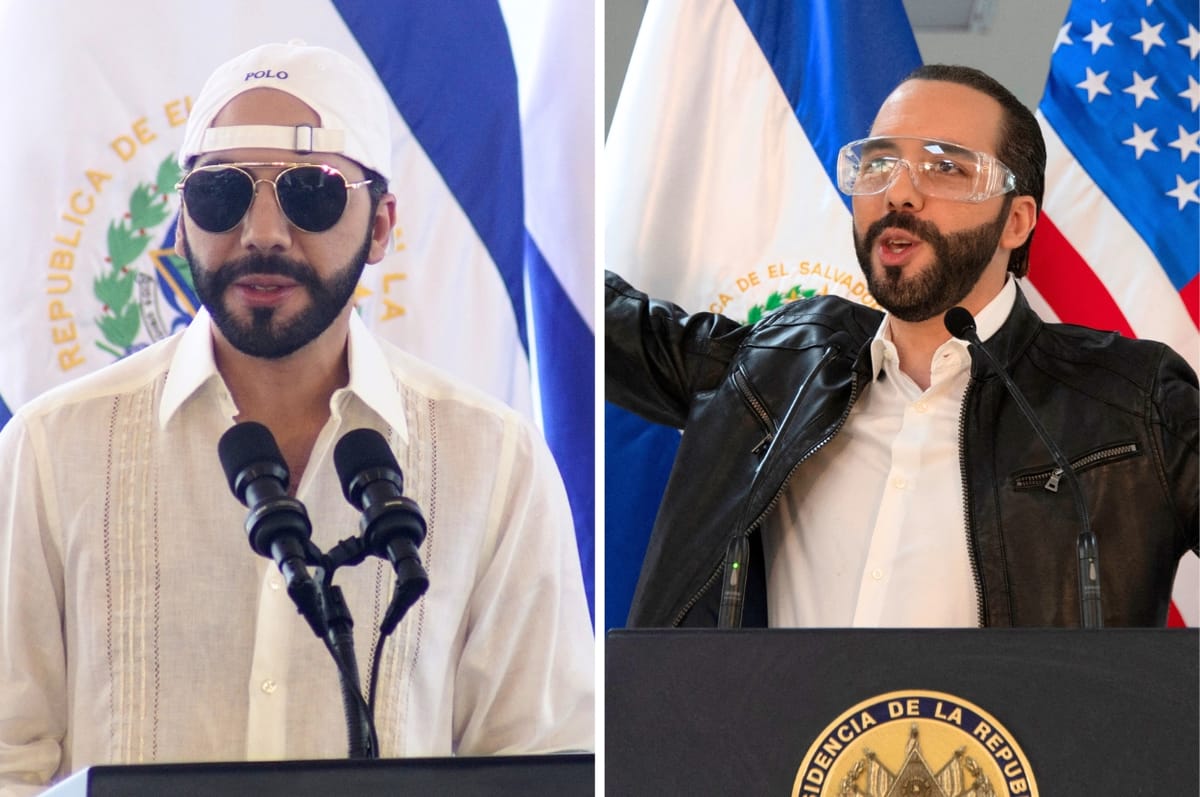
El Salvador has re-elected “the world’s coolest dictator” for a second consecutive term and people didn’t know whether to laugh or cry.
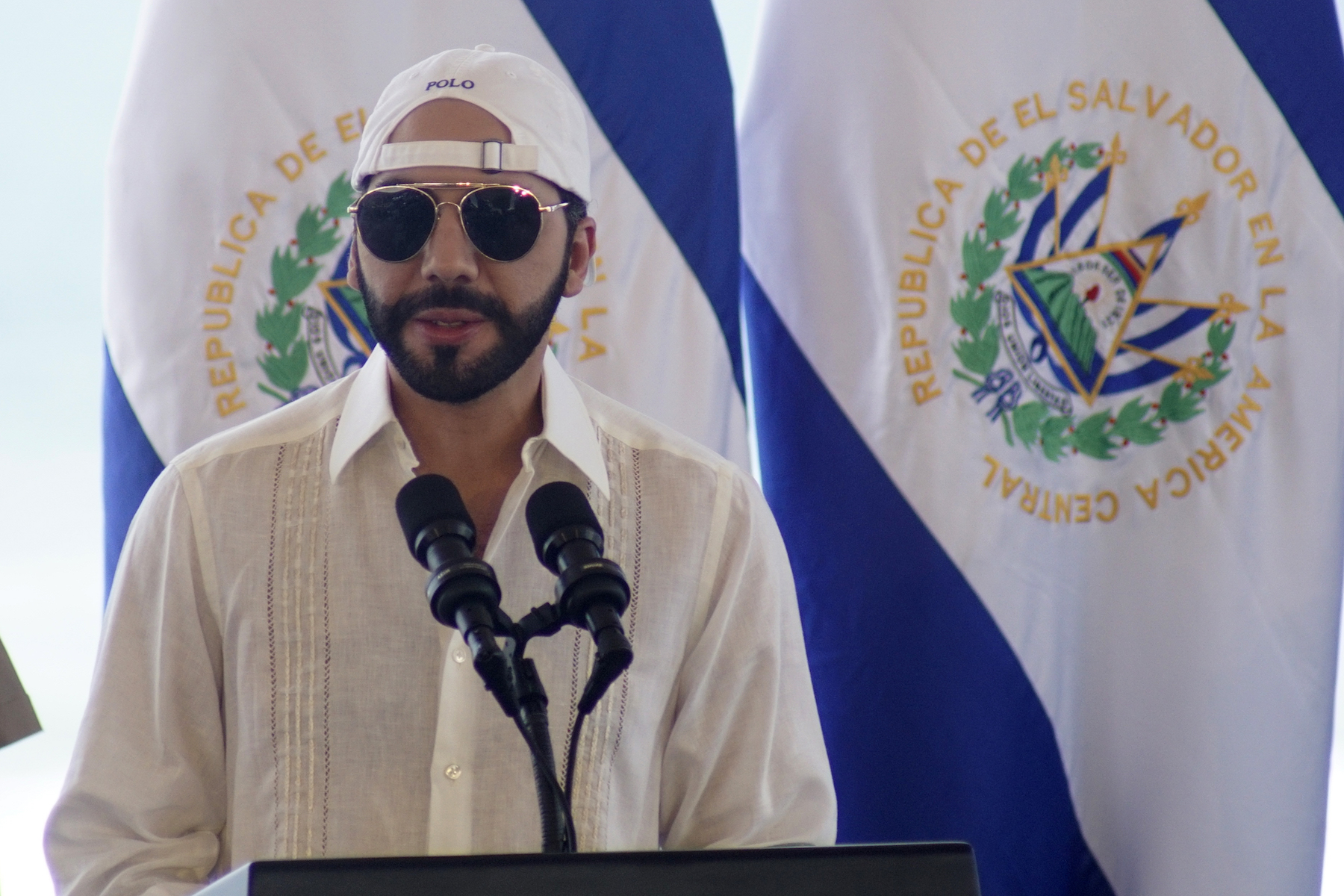
Why Were The Elections Such A Big Deal?
In February, El Salvador held its general election.

Right from the beginning, the election was contentious because it was the first time a president sought reelection since the 1930s.
Technically, El Salvador’s constitution bans presidents from running for consecutive terms, but the country’s top court allowed the current president, 42-year-old Nayib Bukele to run again.
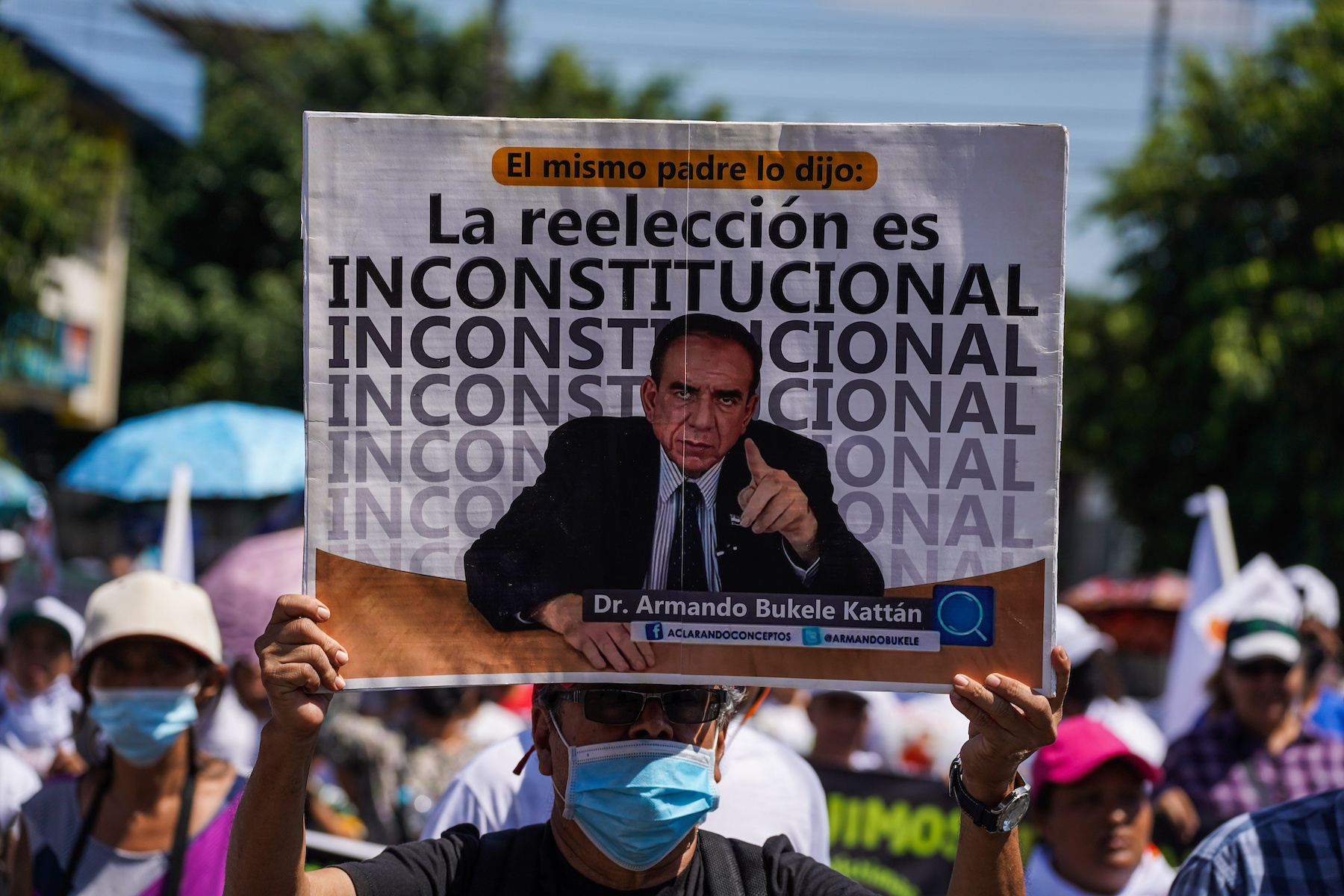
Its only condition was that he has to leave the presidency six months before the start of the next term, before Dec. 1.
Who Is Nayib Bukele?

Bukele, who is perhaps best known for introducing Bitcoin as an official currency, is undeniably popular in El Salvador for having tackled the country’s gang problem.
But he has also been accused of consolidating power into a single party, moving the country into a dictatorship and violating human rights.
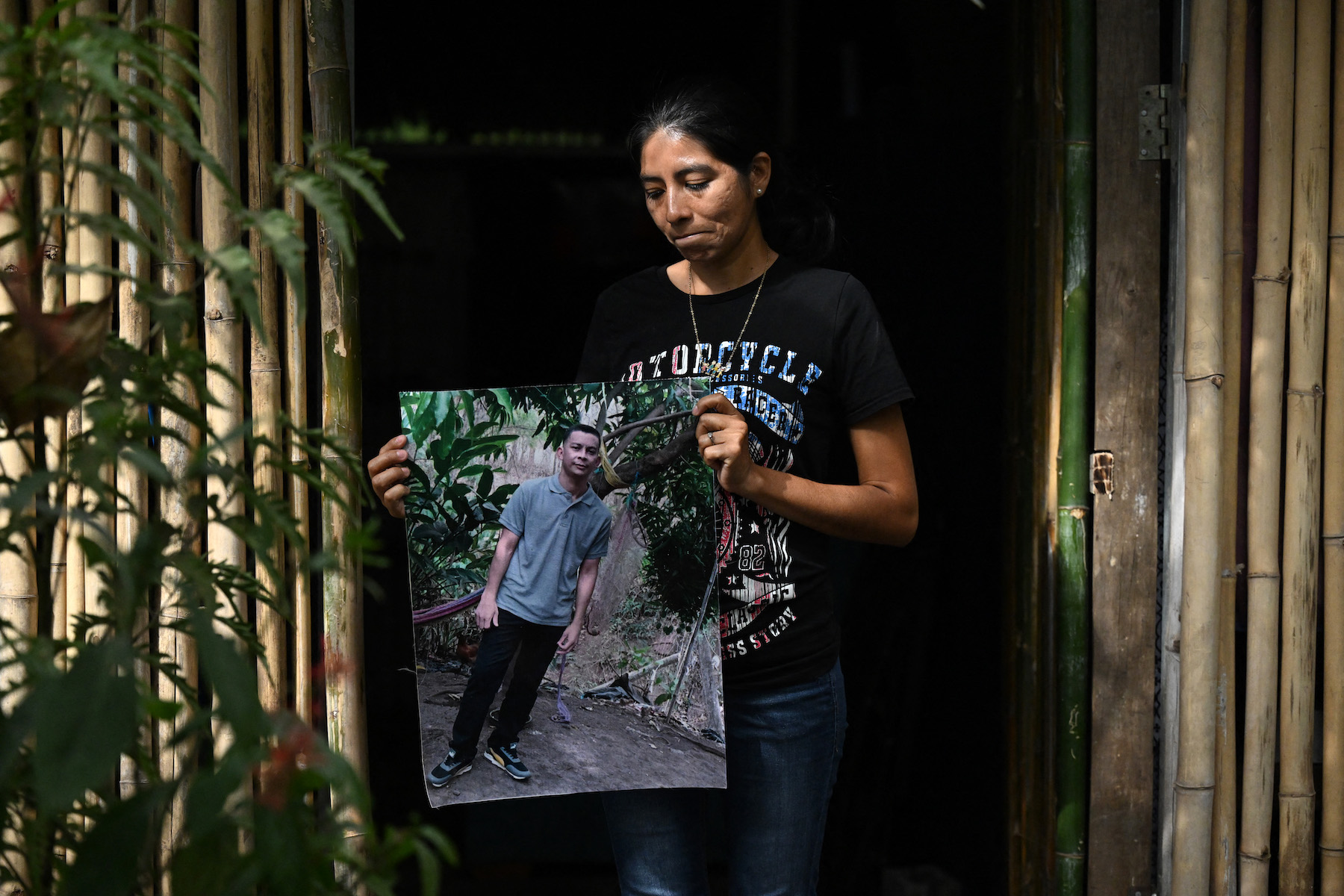
Who Was Bukele Running Against?
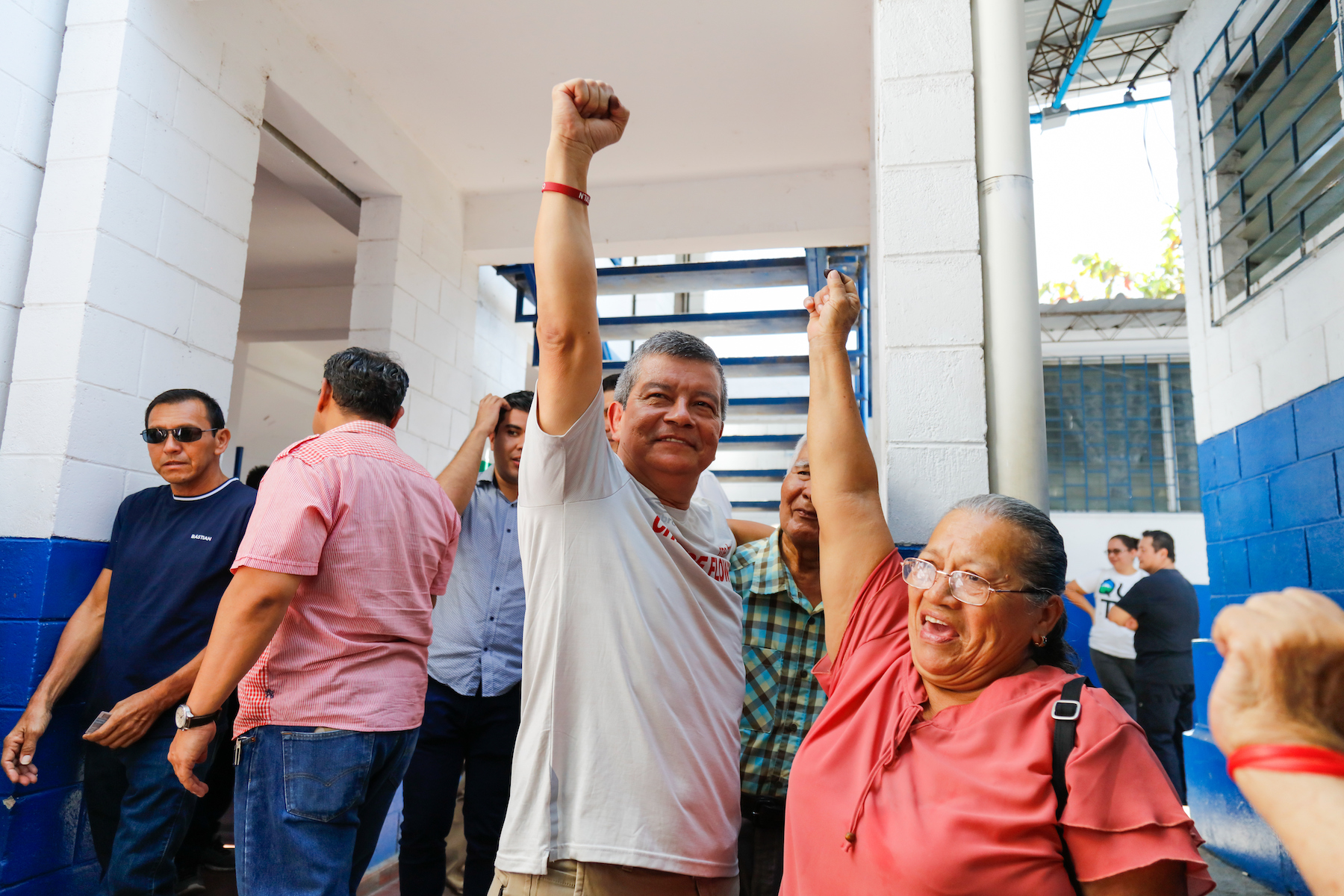
Bukele’s main opponent, leftist opposition candidate, Manuel “Chino” Flores, however, had memes on his side.
His popularity rose from 4% to 7% in just two days after people turned him into a huge meme.
People made memes based on Flores’ “English” name, which literally translates to “Chinese Flowers”.
“Good statistics for future votes. The mission is clear, to go hard on the shitposting from day 1,” a person replied.
What Happened During The Elections?
El Salvador’s elections took place at the same time that the Grammys aired, so people used the opportunity to discuss the country’s situation in the context of the awards show.

“Me: With one eye on the Grammys…and thinking about the results of #ElSalvadorElections2024,” one person wrote on X.
Yo: Con un ojo en los Grammys, con el otro en la Casa de los Famosos y pensando en los resultados de las #EleccionesElSalvador2024 #GRAMMYs #LCDLF4 pic.twitter.com/w4fPXtS10A
— Ivania (@ivalvarado_) February 5, 2024
Taylor Swift’s album announcement at the Grammys also led supporters of Bukele seeing the announcement as a double-win.

Meanwhile, others felt it was one piece of good news among the bad.
“Well girls, we lost democracy, but we gained an album,” one person wrote.
“I hope the fireworks are because Taylor Swift got a Grammy,” another person wrote, referring to the fireworks set off by Bukele’s party, Nuevas Ideas, after the election polls closed.

What Happened After The Election?
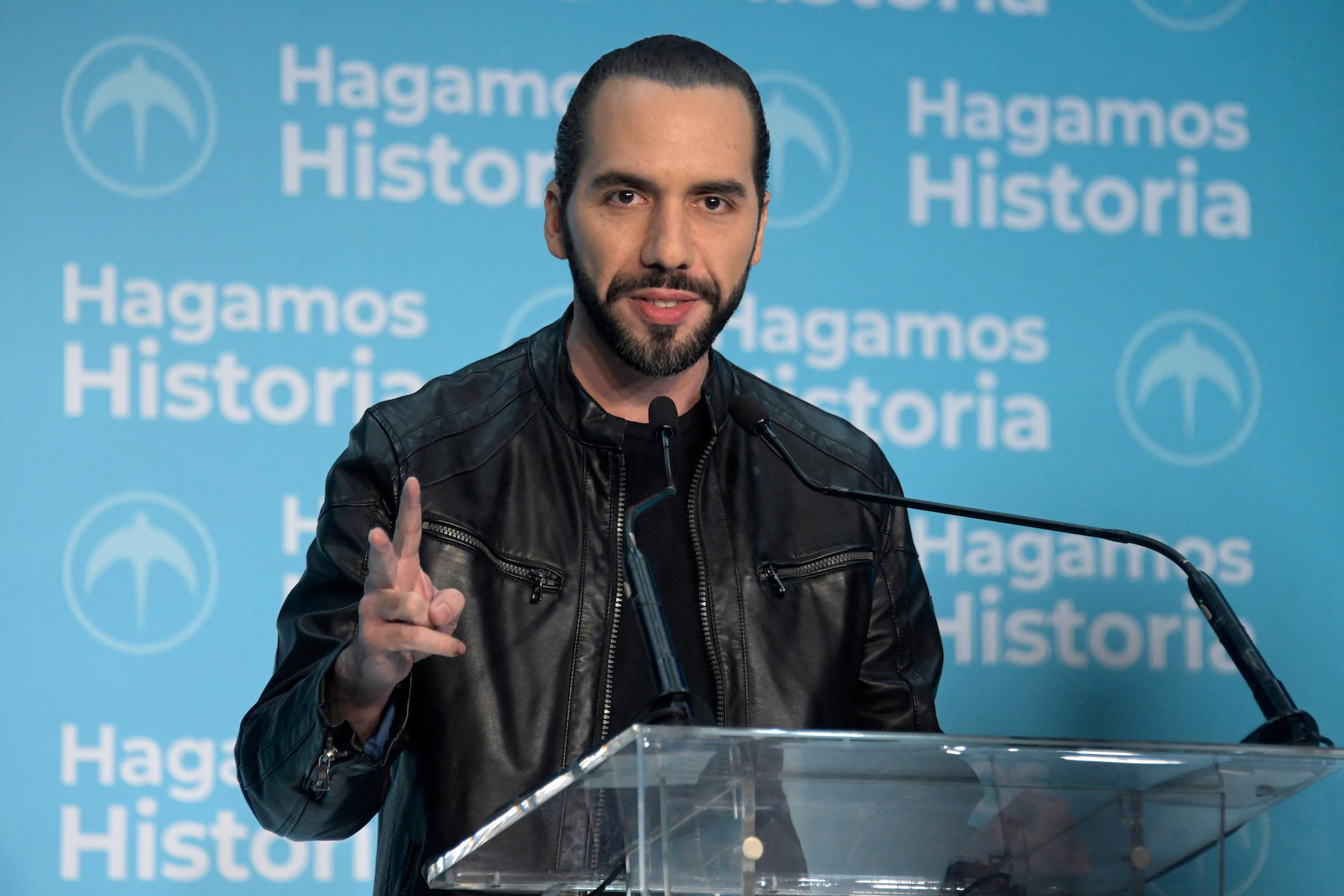
On Sunday, less than two hours after the polling stations closed, Bukele announced on Twitter that he won the presidential elections with more than 85% of the vote and that his party won all except two seats of the assembly.
“A record in the entire democratic history of the world,” he wrote on Twitter, while also announcing a celebration later in the evening.
“This will be the first time where one party rules a country in a completely democratic system,” Bukele told a crowd gathered for a celebration in the capital’s downtown on the evening of the elections. “The entire opposition has been pulverized.”

His announcement surprised many considering that the election committee had yet to announce any official results for both the presidential and legislative elections.
It sparked some serious shade from some people online.
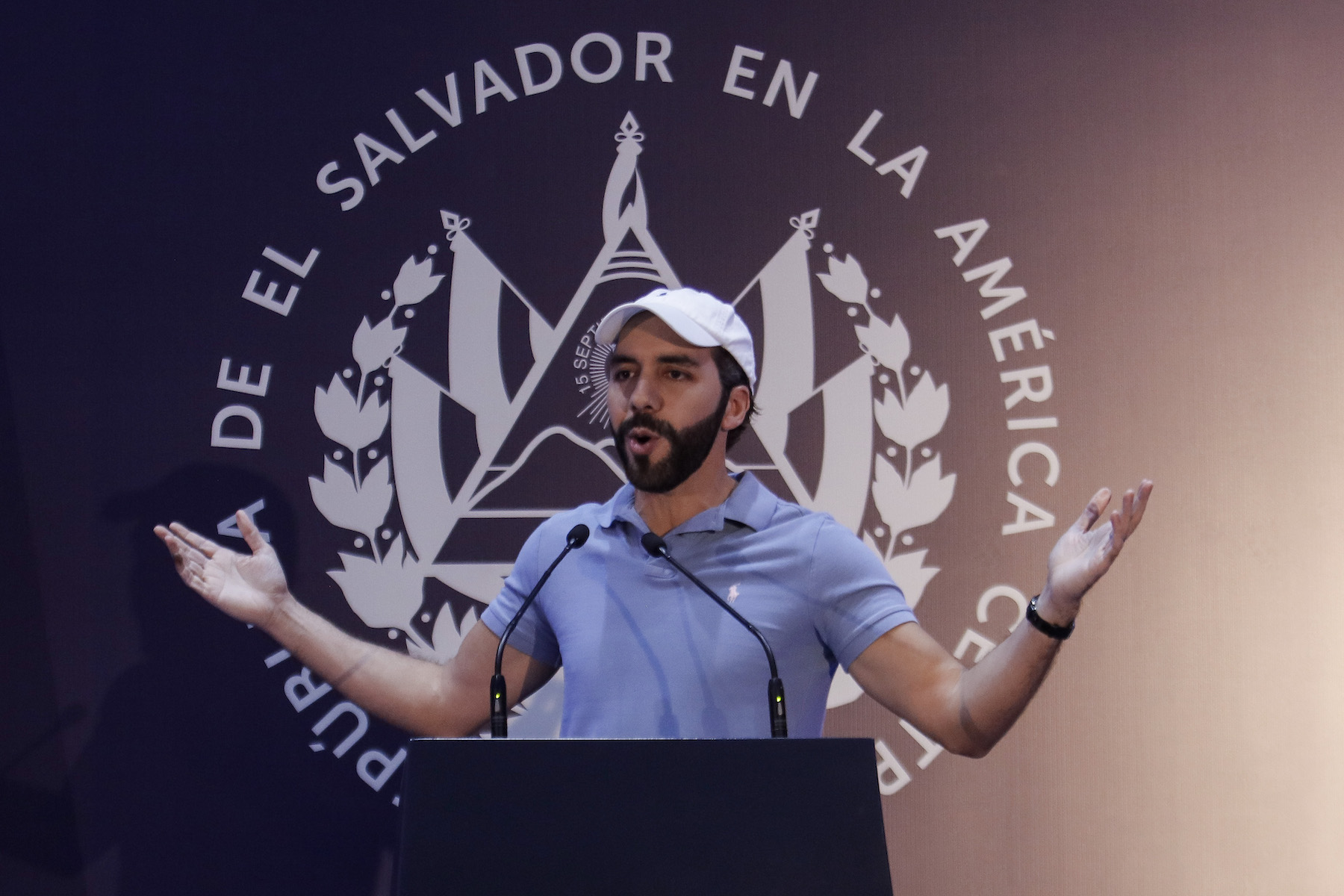
“Thanks for the results, now we just need to finish counting the votes,” one person wrote on X.
On Feb. 9, five days after the election, the electoral committee announced that Bukele had won with 82.5% of eligible votes.
But It Still Wasn’t Over.

Inconsistencies in the vote counting system led authorities to have to manually counting votes one by one.

And now, almost three weeks later, the process is finally complete.
What Now?
Results showed that Bukele’s party has once again won 54 out of 60 congress seats.

Bukele, who left office on Nov. 30, will start his new term on June 1.
